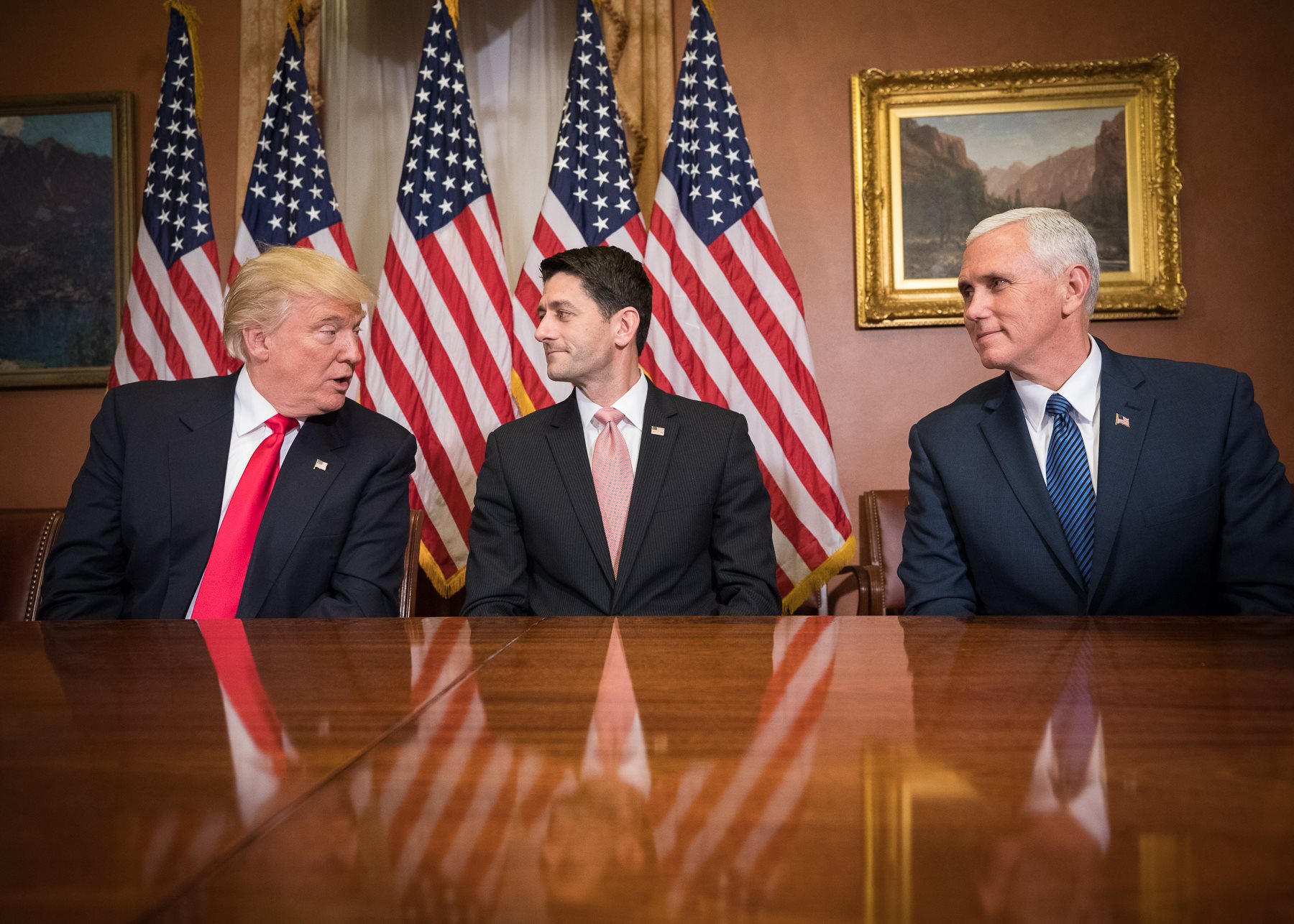As its overused nickname, “The Melting Pot,” suggests, America has been home to people from every corner of our world. Even my own family comes from “somewhere else,” immigrating from the Philippines when I was just 6 years old. These days, some may even argue that defining who is an American has become impossible, considering we are all descendants of immigrants or immigrants ourselves. If you simply looked at the numbers, the United States’ diversity is unparalleled. According to the U.S. Census Bureau, the country’s minority population in 2014 is 37.9 percent, a visible increase from 32.9 percent just 13 years ago. On top of that, Hawaii, California, New Mexico, Texas and Washington, D.C. have now become majority-minority. This means the number of individuals in these areas who identify with a minority racial or ethnic group out-populates any individual given community. The Census also states that by the mid-2040s, the United States will see an overall minority-majority.
So why exactly am I spewing out these numbers? Today, it is more important than ever to acknowledge this rapidly growing diversity and how our government must address it. As President Trump’s remaining nominees await their hearings and confirmations (three have already been confirmed), the problem with his cabinet is glaring: It is majority white and majority male. Out of the 22 positions that require Senate confirmation, only five are non-white or women. In comparison with the Trump cabinet’s 17 white men, former President Barack Obama only had eight. The latter had a cabinet that reflected the changing American landscape and truly represented the entire nation. Trump’s simply does not, and that is a major problem.
The United States was founded on the belief that we didn’t need an autocratic tyrant to rule our nation any longer and we instead needed to appoint leaders who represented our beliefs and ideas. If Trump’s cabinet nominees are to all be confirmed, we will be governed by a board that does not reflect modern-day America, in our most beautifully diverse and growing state.
The position that will most directly affect University of Maryland students is the education secretary. Trump’s pick to head the Education Department? Betsy DeVos. During her hearing, DeVos admitted she lacks experience with student loans, while also failing to provide a direct answer when asked her opinion about a portion of Title IX, a federal law that guarantees equal education to women. Sen. Bob Casey (D-Pa) asked her whether she would uphold a 2011 Title IX guidance “as it relates to sexual assault on campus.” DeVos skirted around an answer, seeming unsure of a provision pivotal to the transparency of sexual assaults in universities nationwide. Our very own potential education secretary can’t even give a straight answer on a topic that affects one in five women in college. Again, DeVos and the countless other nominees not only physically contrast the demographics of today’s America, but also hold beliefs and values that will jeopardize marginalized communities everywhere in this country.
With top leaders making decisions on topics like reproductive rights and education funding, it is more important than ever to have a voice in government. If our appointees are almost all white men (and very few women) who don’t resemble their constituents in belief or thought, it sends a gloomy message to America: Diversity does not matter anymore. For one, it tells its children — future leaders and presidents — that they don’t have role models.
We have made leaps under various presidential administrations to be more inclusive and to be more reflective of what America is today. Under Trump’s potential cabinet only one thing is certain: Our nation’s top leaders will not guarantee that our minority voices will be heard; that “we the people” will no longer hold any value in a country that is not represented in government.
Maris Medina is a freshman journalism major. She can be reached at marismedina29@gmail.com.



